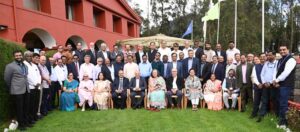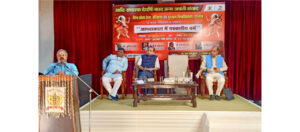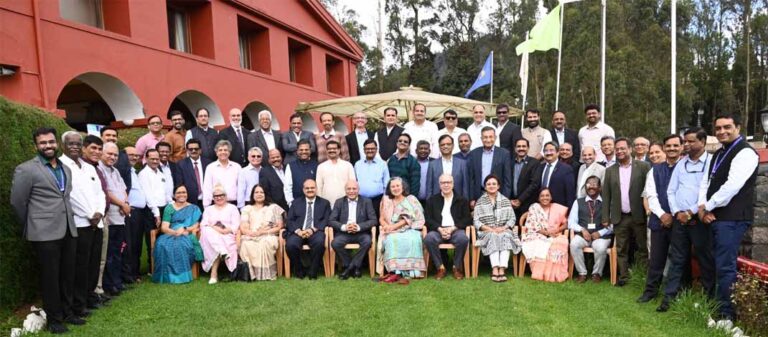New Delhi , 28 June : Scientists ,fabricated a nanogenerator for harvesting electricity . It is economic, easy to operate and bio compatible. It can generate electricity which can be used for optoelectronics, self-powered devices, and other biomedical applications.
Due to increasing global warming and energy crisis the need of such devices has been increased. These kinds of devices emit less carbon in the environment. From past some years some of the unconventional devices are being used like piezoelectric, thermoelectric, and electrostatic techniques for touch screens and electronic displays.
The triboelectric nanogenerators (TENG), generate electricity by using the mechanical energy in the form of vibrations form the environment. TENG works on the principle of creating the electrostatic charges by instantaneous physical contact of two dissimilar materials accompanied by generation of potential difference. It happens when an odd is introduced between the two contacted surfaces through a mechanical force. This leads to electrons movement towards back and forth between the conducting films coated on the back of the tribo layers. To design TENG, fabrication methods like photolithography or reactive ion etching, and additional process like electrode preparation are being used.
Dr. Shankar Rao and his team work in the Centre for Nano and Soft Matter Sciences, Bengaluru .It is an autonomous institute under the Department of Science & Technology, Government of India. They have designed a transparent TENG by using thermoplastic polyurethanes (TPU) in the form of electrospun nanofibers or as a flat film using the simpler Doctor’s blade technique, along with Polyethylene terephthalate (PET) as tribo layers. TPU nanofibers are reaping from the electrospinning (ES) technique. The doctor, s blade procedure is a used in different situations like squeezing the material through a blade and the substrate yielding a uniform thin layer. Simplicity and easy availability of this fabrication process make it cost-effective over currently available fabrication techniques. The device is powerful, well organized and having a clonable output over long hours of operation. The results were published in ‘Journal of Nanoscience and Nanotechnology’.




















